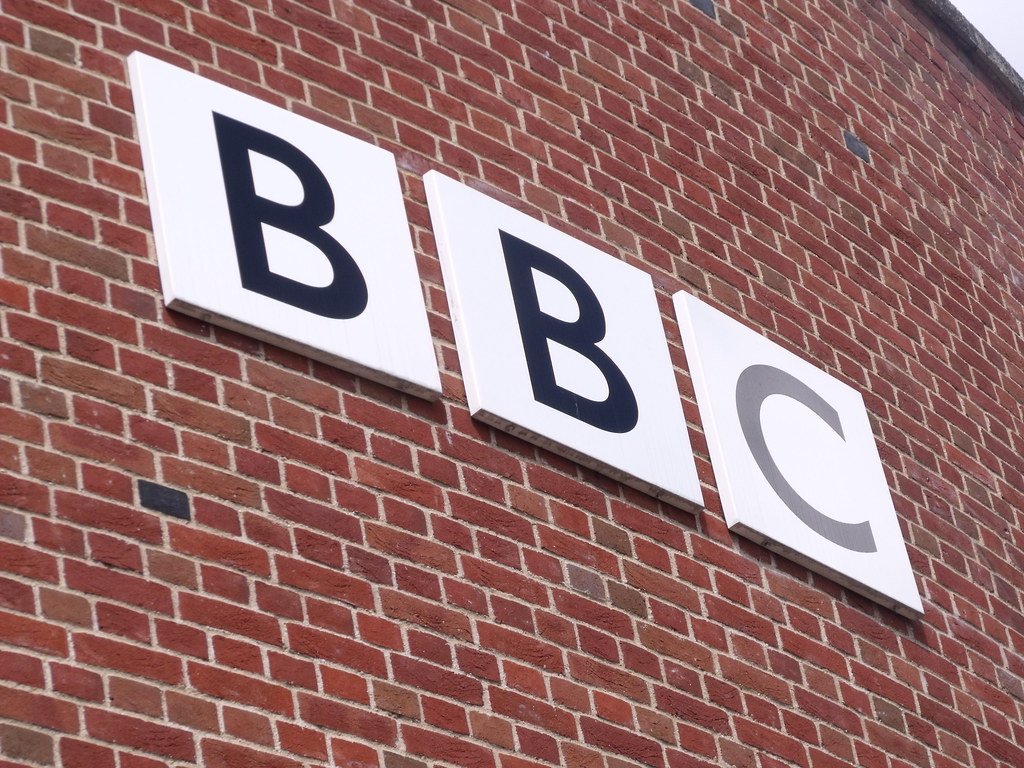
With China’s questionable coronavirus figures, the Uyghur ‘re-education’ camps and the recent banning of The BBC’s World News Channel in China, the question must be asked: is China hiding something?
The banning of the BBC was in retaliation to the UK’s decision to strip Beijing’s state broadcaster, China Global Television, of its licence in Britain. The UK chose not to renew the contract as it was found that CGT was editorially controlled by the Chinese Communist Party – which is against the BBC’s policy. Suspicions arise surrounding whether China chose to retaliate by banning the BBC for reasons other than simply revenge. Beijing has previously accused the BBC of reporting “fake news” on issues such as the Uighurs and on the lack of transparency in China’s coronavirus figures.
Dominic Raab wrote of the decision to ban the British watchdog, explaining:
“China has some of the most severe restrictions on media and internet freedoms across the globe, and this latest step will only damage China’s reputation in the eyes of the world”.
This decision to ban the BBC suggests tensions are increasing between the two nations. Nonetheless, do they have other motives to restrict media freedoms? The short answer is yes. Recently, the UK accepted nearly three million Hong Kong citizens to the UK after China cracked down on protests in the region. It is possible that China saw this as provocative, with the UK interfering in its own domestic affairs. Furthermore, the banning of the BBC channel came soon after BBC journalists were allowed into the region where the Uyghur Muslims are at present being rounded up and placed into ‘re-education camps’ – which are essentially, concentration camps.
The BBC noted that whilst their experience was very limited due to Chinese restrictions in the region, they found that there were horrific allegations of sexual assault and torture in Xinjiang. Chinese officials refuted these allegations, explaining they were “wholly without factual basis” and accused the BBC of using actors to spread “false information”. This does create suspicions as to whether the Chinese were attempting to conceal the true nature of the events in the region. This is further stressed by Yasmin Qureshi, a member of the Inter-Parliamentary Alliance on China UK, who emphasises how “The decision to ban the BBC from airing in China is yet another example of the intolerance that the Chinese government has towards those who reveal the truth about its authoritarian rule”.
This is not the only case where China has tried to warn off media unless censored. In Wuhan at the start of the coronavirus pandemic, journalist Li Zehua disappeared after promoting an anti-Beijing regime response to covid-19, which they did not approve of.
Therefore, while it was the UK who ended the media annual contract first, the Chinese media’s hostility towards not just the British media but also towards the world media conveys how it is not beyond the realms of possibility that there could be something which China is trying to hide.



Average Rating